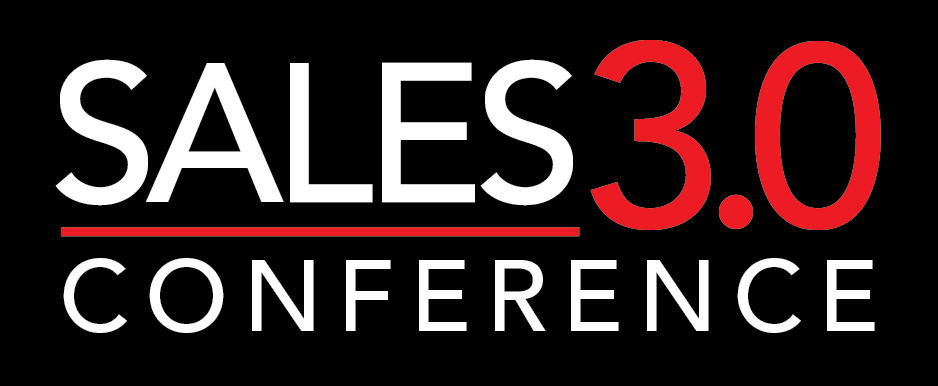B2B buying and selling have changed forever. Throughout 2020, many of us have talked about how to survive until things return to the way they were, but the truth is—sales is never going back. To thrive in this new buying and selling landscape, modern sales teams must embrace a digital shift and buyer-centric strategy.
“There’s no going back to the future and no new normal. This is a watershed moment. B2B sales leaders must embrace change and plan for a very different buying and selling landscape.” – Mary Shea, Ph. D, Forrester
Sales is never going back.
Sales will never go back to the way it was before the COVID-19 pandemic. Sales processes were forced to change and a digital era was ushered in. If you are waiting for things to return to “normal”, you’ll be waiting a long time.
Using CRM and selling remotely is no longer optional. Gone are the days of onsite sales meetings—now workdays are filled with video conference calls and screen sharing. Remote selling has replaced field selling. Targeting has replaced the spray and pray marketing method. Automation has replaced manual tasks. The list goes on.
Does your sales org resemble a 1990s Oracle or a 2021 CrowdStrike?
With 2020 accelerating the digital era, those unwilling to embrace change will continue to fall further and further behind. Too many are coming to 2021 with a sales operation that resembles a 1990s Oracle. These orgs likely have:
- A large and well-paid field sales force
- Large average initial deals sizes (>$100K)
- 9-12 month sales cycles
- Lumpy bookings forecast accuracy
- Difficulty knowing what each rep is doing on any given day
Other orgs have followed suit with examples like CrowdStrike—the fastest-growing SaaS company to IPO in 2019 with a 109% growth rate in their IPO quarter. These orgs are more likely to have:
- A large remote sales team, complemented with field sales
- Highly active marketing and demand generation
- Smaller average initial deal sizes (<$50K)
- 3-6 month sales cycles
- High expansion rates
- Smooth booking growth, quarter to quarter
- Consistent bookings forecast accuracy
- Complete visibility into daily sales activity
Which of these descriptions sounds like your sales operation? Now is the time to examine your process and re-tool your sales organization. Modern sales teams are fostering growth through demand generation, inbound and outbound prospecting, remote sales, and customer success.
50% of the workforce is now made up of millennials.
Millennials are digital natives who are now in positions of power—both on the buying and selling side. When they are looking for answers, they are not likely to contact a rep; they Google it, ask Siri, or use other online channels. It’s estimated that a modern B2B buyer can complete 70-80% of her buying journey without ever talking to a salesperson.
A McKinsey study found that buyers and sellers (or interaction-focused workers) spend approximately 19% of their workday gathering information. What information is your company putting out there? The modern buyer is looking for content that adds value, solid performance on user review sites, self-guided buying, and an efficient and fast sales process.
There has been a shift in power that heavily favors the buyer in recent years, but smarter use of technology is beginning to empower the seller and shift towards equilibrium. A sales process that caters to a millennial buyer is fast, online, tech-enabled, content-rich, and customer-centric.
Do not wait for things to go back to the way they were—sales is moving forward, not backward. Now is the time to re-tool your sales org for the future. Face the future head-on as you leverage the tools and techniques of modern selling, embrace the digital era, and get a leg up on the competition. To learn more about the future of sales and how to thrive in it, check out these white papers.

Dave Boyce is currently the Chief Strategy Officer at XANT and serves on the board at Forrester Research. Prior to his time at XANT, he helped build and sell four companies. Additionally, Boyce graduated with an MBA from Harvard Business School.



